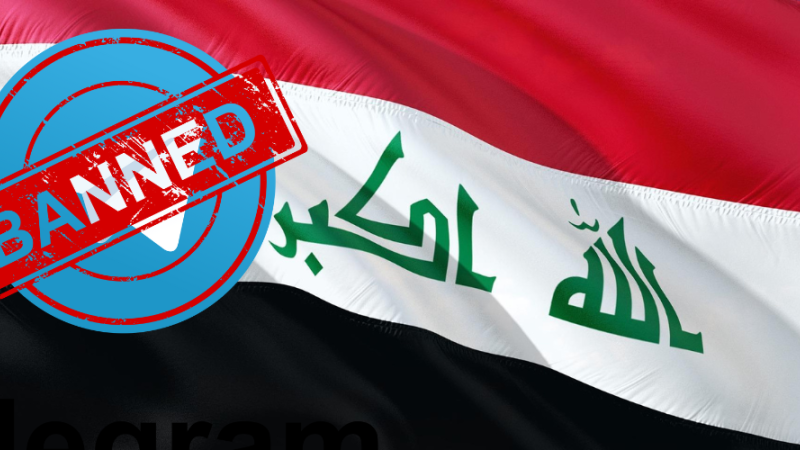
In an affirming move towards bolstering ideal communication protocols, Iraq's Ministry of Telecom recently overturned its ban on the messaging app, Telegram. The change of heart was instigated by the app's cooperation with the country's security authorities, assuaging earlier concerns that had led to a blockade of the chat platform.
After a tense exchange that prompted the ban, this unilateral decision was reversed due to "the response of the app-owning company to the requirements of the security authorities." Telegram has been forced to reveal the sources of leaked sensitive data of official and civilian users, the ministry said in a translated statement.
Telegram, in a show of commitment to ethical communication protocols, engaged with the Iraqi authorities to address security issues. The company reiterated that it holds freedom of expression in high esteem, a sentiment echoed by Iraq's ministry. To protect user privacy, Telegram clarified its stance, stating that it prohibits users from revealing private data on the platform without prior consent.
The ban's roots lay in the alleged misuse of the platform by numerous channels that were said to be disclosing confidential data of Iraq's citizens - data including names, addresses, and interpersonal relationships. During this period, Iraqi authorities expressed their disappointment at Telegram, which boasts more than 800 million users globally, for not responding to their requests, ultimately leading to the ban's imposition.
Despite these critical steps towards ensuring secure communication, Iraq continues to face criticism from international bodies for its approach to Internet governance. Notably, Iraq has routinely resorted to shutting down internet access to prevent exam malpractices. However, with the lifting of the ban and the establishment of a healthier dialogue between the authorities and tech companies like Telegram, there is hope for a more transparent, secure, and considerate internet landscape for the citizens of Iraq.